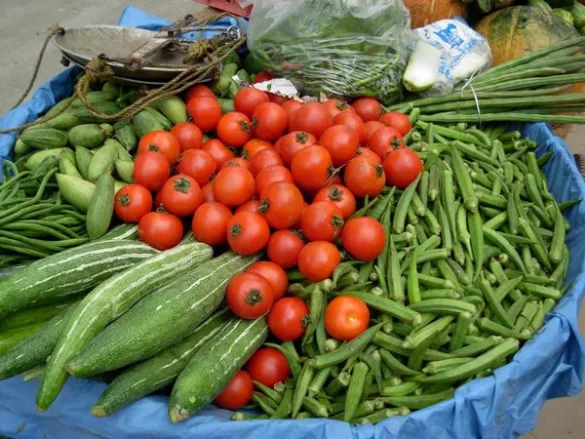The health and safety unit of the European Commission has recently released two reports evaluating the controls on food of non-animal origin (FNAO) in Germany and Greece.
In a June 2023 audit in Germany, the official controls on food of non-animal origin were found to have a robust monitoring plan and suitable lab capability. However, several issues were identified that impacted the effectiveness of the system. Notably, stages before and during harvest were excluded from official controls for non-risk-based reasons. Inspectors also demonstrated poor knowledge concerning Hazard Analysis and Critical Control Point (HACCP) verification and the requirements related to Listeria monocytogenes in ready-to-eat food.
Deficiencies were found to be underreported and rarely followed up. Additionally, food businesses failed to correctly apply legislation for sprouts, and authorities did not systematically enforce these regulations. Problems with hygiene requirements were not consistently addressed within the required deadlines. The audit team discovered deficiencies, such as rusty equipment and condensation on the ceiling, that had not been detected in previous visits.
In Bavaria, inspectors failed to use a checklist for inspecting processors, leading to oversights, including rusty equipment and condensation issues. Importantly, the legal requirement for import certificates for mung beans was overlooked by sprout-producing sites.
The audit team made seven recommendations, covering official controls before and during harvest, compliance with EU legislation for sprout-producing sites, the provision of technical support and training by authorities, and the enforcement of controls to reduce the risk associated with Listeria monocytogenes.
Turning to Greece, an audit in May 2023 revealed deficiencies in the planning of official controls, particularly at the farm level before and during harvest. The review found that while later stages of the production chain were covered by an official control system and supported by official laboratories, deficiencies were rarely reported and followed up, compromising the system’s effectiveness.
The audit highlighted a lack of establishments registered and approved for sprouts and seeds for sprouting in Greece. Inspectors visiting processors failed to identify shortcomings, including potential cross-contamination, dirt on exposed products, and condensation in cooling rooms.
Several private good agricultural practice (GAP) schemes, which monitor microbiological risks of FNAO, were not considered in the planning of official controls. Auditors were informed that deadlines for corrective actions were not consistently set for minor non-compliances, but for significant issues, specific deadlines were established for companies to take corrective action.

